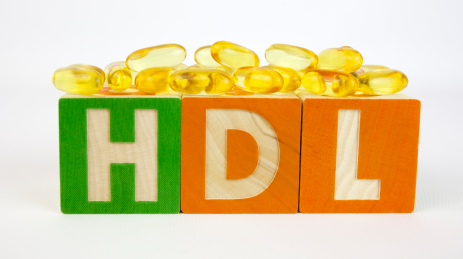High Response Rate to Psilocybin in Bipolar II Depression
Highlights from the International Society for Bipolar Disorders Conference Posters and Presentations, Chicago, June 22-25, 2023
Scott Aaronson gave 15 medication-free BP II patients (off all medications) 25mg of psilocybin with extensive therapeutic support. He saw rapid onset and persistent AD effects, such that at the end of 12 weeks 12 of the 15 patients were still in remission. Quality of life increased and suicidal ideation decreased. He indicated that others found that serum BDNF increased 1000 fold greater than baseline.
Lumateperone for Bipolar I or Bipolar II Depression: Few Extrapyramidal and Motor Symptoms
Highlights from the International Society for Bipolar Disorders Conference Posters and Presentations, Chicago, June 22-25, 2023
Tobie Escher of Intra-Cellular Therapies, Inc. reported on the excellent tolerability of lumateperone (42mg/day) in a “short-term population comprised 746 patients in pooled monotherapy trials (placebo, 374; lumateperone, 372) and 352 patients in the adjunctive study (adjunctive placebo, 175; adjunctive lumateperone, 177). Reported EPS [extrapyramidal symptom]-related TEAEs [treatment-emergent adverse events] were 1 patient (0.3%) with mild dyskinesia (lumateperone monotherapy), 1 (0.6%) with mild akathisia (adjunctive lumateperone), and 1 (0.3%) with severe akathisia (placebo monotherapy).”
When Added to Valproate, Memantine Increased HDLs (“Good” Cholesterol) But Did Not Enhance Effectiveness of Treatment
R.B. Lu and S.Y. Lee reported in a poster at the 5th Biennial Conference of the International Society for Bipolar Disorders in 2012 that adding memantine (Namenda) to treatment with valproate (Depakote) was associated with increases in high-density lipoproteins (HDLs) or “good” cholesterol in bipolar II depressed patients. However, the combination was no more clinically effective than valproate alone in treating the patients’ bipolar illness, as had been hoped.
Editor’s Note: These data on memantine’s failure to improve patients’ bipolar illness when used as an adjunct to valproate contrast with those of Amit Anand et al., who reported in 2012 that memantine was a partially successful adjunctive treatment when added to ongoing treatment with lamotrigine. This combination of lamotrigine plus memantine was associated with faster and more robust antidepressant effects than the combination of lamotrigine plus placebo in patients with bipolar depression. This effect was significant in the first four weeks of the study as the dose of memantine was slowly increased from 5mg/day to 20mg/day, but not over the last four weeks of treatment at 20 mg/day.
The data of Anand et al. makes theoretical sense. Since lamotrigine inhibits the release of glutamate and memantine inhibits the actions of glutamate at the NMDA receptor, the two together might produce additive decrements in glutamatergic actions through two different mechanisms. In contrast, valproate is more closely associated with increases in GABAergic mechanisms, and this may explain why its effects on bipolar disorder were not improved by the addition of memantine.
Lamotrigine for BP II depression: Not FDA-Approved, but Likely Effective
At the 4th Biennial Conference of the International Society for Bipolar Disorders in Sao Paulo, Brazil in March, Jae Seung Chang of South Korea reported that in a year-long naturalistic, open label study of long-term adjunctive lamotrigine therapy in 109 patients with bipolar II depression, depression severity decreased when lamotrigine was added to patients’ regular treatment with mood stabilizers.

Interestingly, in addition to the data on lamotrigine, these investigators also found that having had a higher number of prior episodes was associated with a decreased response to lithium, a finding that has often been reported in the literature. Another finding was that a history that included a serious suicide attempt was associated with a decreased lamotrigine response. Read more


